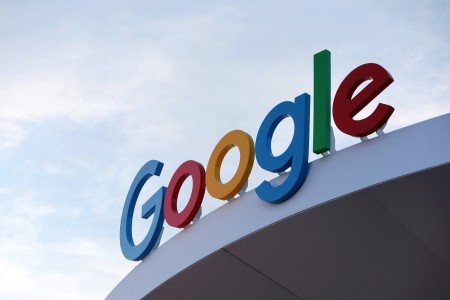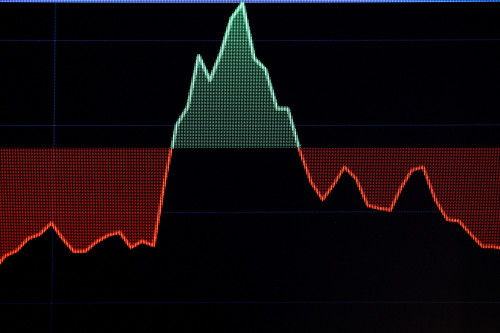By Jody Godoy
ALEXANDRIA, Virginia (Reuters) – Google knew publishers would balk when it took measures in 2019 to keep them from diverting ad sales to competitors, prompting it to try to make the change look more palatable, according to internal documents shown at the tech titan’s antitrust trial on Thursday.
Google’s removal of the feature that publishers used to reduce their dependence on Google is a key piece of the case in which the U.S. Department of Justice and a coalition of states are seeking to show the company unfairly dominated markets for the technology that facilitates online advertising.
The Justice Department showed emails and documents where Google employees discussed the company losing revenue because publishers were using their ability to set a higher minimum for bids from Google’s AdX than for other exchanges.
The result was that when ads were offered through multiple exchanges, publishers often sold to exchanges other than Google’s.
The company knew publishers were willing to accept making less money on some ad sales in exchange for the ability to preference other ad tech companies, such as those who charged a lower fee, according to the documents.
“It helps them to keep Google at bay and put pressure on us (similar to any industry),” Google executives discussed on an email thread in 2017.
As Google prepared to terminate the feature in 2019, employees discussed how to mitigate potential blowback from publishers.
Rolling the change out by itself “would be viewed as pure loss of functionality that we’re doing for our own (perceived ‘nefarious/self serving’ reasons),” Nitish Korula, then a research scientist at Google, said in an email.
Google ultimately introduced the change alongside other features publishers favored, including the end of a practice whereby Google’s ad selling tools would receive a “last look” that let it outbid other sellers.
The changes were meant as improvements to make the system simpler and fairer, and Google estimated its top 500 publishers saw a median increase of 2.7 percent in ad auction revenue, former Google employee Rahul Srinivasan testified.
But publishing executives, including at the New York Times, News Corp and The Weather Company, revolted against the loss of control, according to recordings of an April 2019 meeting played in court.
“You have made it next to impossible for any of us to figure out how to increase our yield with partners outside of Google,” Jana Meron, then an advertising executive at Business Insider, said in one clip.
The trial is expected to last multiple weeks. If U.S. District Judge Leonie Brinkema finds that Google broke the law, she would later consider prosecutors’ request to make Google at least sell off Google Ad Manager, a platform that includes the company’s publisher ad server and its ad exchange.
(Reporting by Jody Godoy in Alexandria, Virginia; editing by Jonathan Oatis)








